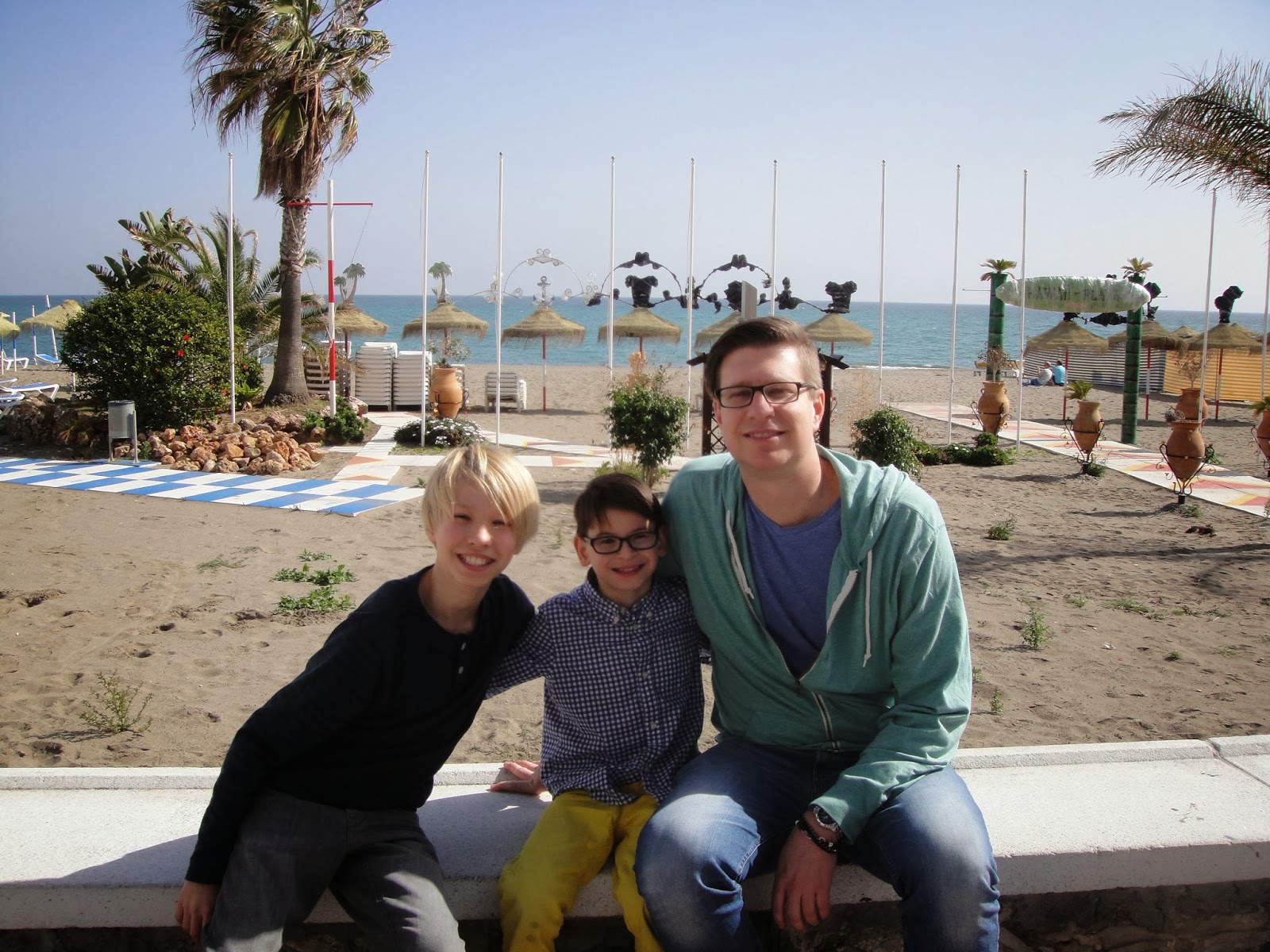When our friends Jeff & Deanna lived in Germany, they were taught the proper way to end a conversation. It included a greeting to your family, friends, etc. And they quickly learned that it was quite important and could be considered rude when not used.
So Jeff’s question was this: Is there any formal or informal greeting or salutation in Norwegian?
There are things that are appropriate to say, but so far we haven’t learned anything that would be considered rude if we didn’t say.
Here are some helpful greetings and phrases.
For a greeting you might say
Often after this, you will say
- Takk for sist! It means thanks for the last time – basically acknowledging our last meeting. It could possibly be compared to an English phrase like “good to see you again.”
If you are welcoming a guest into your home, you might say
- Velkommen til oss! Straight translation: welcome to us.
As you are departing, you can say
- Ha det bra! Taken word by word, it literally translates have it good. But this is the word we would use like good-bye.
- You can also say Ha det, a shortened form.
And many times in your departure, you may choose to say one or two of these
- Takk for oss! (Thanks for us)
- Takk for i dag! (Thanks for the day)
- Takk for i kveld! (Thanks for the evening)
- Hils familien! (Greet your family)
- Vi ses snart! (similar to See you soon!)








